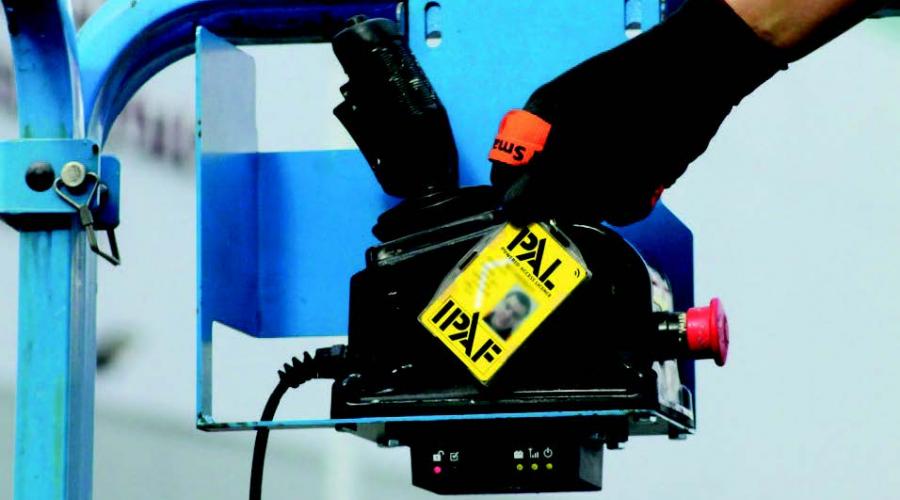
Workers in the construction, installation or maintenance industries are required to obtain specialist skills and certifications based on the area of expertise they wish to build their careers in. There’s a wealth of specialist training courses and qualifications available, each designed to provide the key skills and capabilities needed to carry out specific roles within these industries.
Undertaking one of our specialist IPAF training courses successfully results in achieving a PAL card. In this post, you’ll find plenty of information on the PAL card and who needs one to carry out their role. We also answer some of the frequently asked questions concerning PAL cards, for those wishing to develop specialist skills to use within their career.
What is a PAL card?
A PAL card is also known as a Powered Access Licence card. It is issued by the International Powered Access Federation (IPAF), to professional platform operators who have taken part in a specialist training course at a centre approved by the them.
The PAL card is recognised and used by industries across the globe, as a way of proving the operator’s capabilities have met a minimum standard, based on the specialist training they have received.
Who needs a PAL card?
PAL cards are required for any individuals who work at a height and who use powered access platforms to carry out their jobs. The majority of people who own a PAL card are those working in construction, however they are also used in many other industries such as manufacturing, schools, universities, retail and leisure. Every year, around 150,000 PAL cards are issued to individuals working at a height.
Is the PAL card a legal requirement?
It is NOT a legal requirement to have a PAL card, however, it is a legal requirement to ensure that you and your workers have the correct level of training for them to work at height and to use powered access platforms safely and efficiently. Employers are required to organise and provide this training for their employees, in order for them to legally work using powered access vehicles. By carrying out an IPAF course, and obtaining a PAL card for MEWPS, you are complying with your legal responsibilities and ensuring that workers are legally permitted to carry out their roles.
How long do PAL cards last for?
Once a PAL card has been issued, it will be valid for 5 years. The card clearly displays the date of when the holder was assessed as well as when the card is up for renewal. Card holders must take part in re-training before their PAL card is due to expire, if they wish to be issued with an updated card and certification.
PAL cards today are machine-readable, which means that only those who are properly trained and who have a valid PAL card will be able to operate the appropriate machinery. This means that if your PAL card is out of date, you will physically not be able to operate the powered access machinery until you have taken part in the relevant training.
How to verify a PAL card
If you’re an employer, a site manager or a health and safety manager, you will need to verify the PAL cards of any workers that you would like to operate powered access platforms.
It’s very quick and easy to verify a PAL card – simply head over to the IPAF’s online verification tool and enter the operator number displayed on the card. IPAF’s online tool will also highlight the machine(s) that the operator is trained to use. You should also check the expiry date on the card and the cardholder’s name and photograph, as well as looking for the IPAF’s holograph logo in the top left-hand corner of the card. These steps will ensure that you are legally permitting a worker with a valid PAL card to operate powered access platform in a safe and efficient manner.
PAL cards have been used worldwide by a variety of different industries for many years, and have been ensuring that powered access platforms are used safely by those who have the skills needed to do so. They provide a vital process of ensuring that any work carried out using these platforms, is done so to the very best standard, with as little risk as possible.
